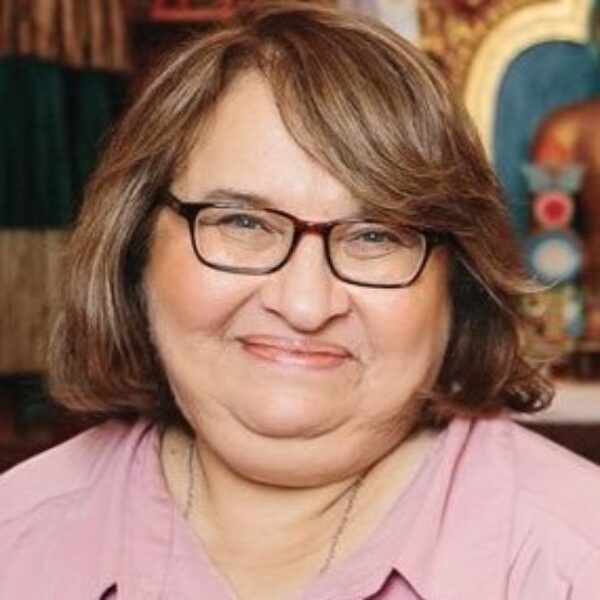
Image by Alex Naanou/Flickr, Some Rights Reserved.
The Hardship We Accept, The Gratitude We Choose
The tendency for most of us each day is to focus on life’s problems. More often than not, we find ourselves lamenting the prickly patch of our long-term relationship rather than stopping to appreciate its strengths; the moments of incredible boredom at work seem to outweigh the interesting aspects. We’re wired with what’s called negativity bias — an evolutionary instinct to look out for threats so that we can escape them unharmed.
But we can learn to work with negativity bias. That doesn’t mean that I think that we can all just flip the gratitude switch on. For better or worse, that’s not how life works — and in fact, gratitude is definitely not automatic for me. To this day, even speaking as someone who encourages the practice, I have found myself thinking at times that gratitude can seem like a glorified form of denial, a way of papering over problems by posting inspirational quotes to social media, by labeling everything in life “a blessing.”
But each time that dismissive instinct kicks in, I encourage myself to remember that being grateful doesn’t mean I have to keep a gratitude jar that counts my blessings. It just means I can reset my thoughts, just like in meditation, and choose instead to gently settle my attention on something positive. We don’t erase the pain — it’s still there — but we can broaden our perspective by opening to our pain and also opening to things other than the suffering we feel.
I’m especially struck by the stories of people whose lives seem to embody the wisdom of gratitude in the face of a lot of adversity. The other day I recalled the story of my friend John Clement, a writer and self-professed “geeky introvert.” When John was born, his mother Blaize had already contracted polio and was paralyzed from the waist down. Seven years later, John’s parents divorced, leaving John and his mother to live together on a shoestring budget as she put herself through college and graduate school. And despite these difficulties, John speaks of his childhood with his mother with tremendous joy. “It was fantastic, actually, full of joy and good times,” he wrote to me in a recent email.
“The reason for that rests fully on my mother’s shoulders, made literally strong by decades of lifting the weight of her body around on a walker, and figuratively by her firm belief in a very simple idea: that the world you paint for yourself is the world you live in.”
John’s mother’s wisdom reflects her willingness to cooperate with circumstances, to acknowledge and live with suffering while finding joy and stimulation in life. In 2005, after spending a lifetime dreaming of being a novelist, she ended up writing and publishing a mystery novel, which became the start of a multi-volume series. I’ve read all but one of them. John relished his role as his mother’s sounding board and editor.
“She poured her heart and soul into each book, creating over time a world that was purely fictional, but rich with honesty and real life — joy, humor, love, and yes, sorrow.”
But when John’s mother was in the midst of writing the sixth book, she was diagnosed with cancer and decided to accept the diagnosis as the end of her life. Before passing away in 2011, she instructed John to continue the series. Despite his reservations, he ultimately took on the project, and has dedicated the past five years to continuing the series his mother began. I’ve continued my readership with his books. When people interview me and ask what I’m reading, it’s fun to challenge their frequent preconceptions that my choice, no doubt, would be something lofty. Instead, I tell them, “Oh, this mystery featuring a cat sitter.”
“The circumstances are rare, I know — not everybody inherits a series of novels.” But his story speaks to the exquisite joy that can ascend into possibility from a place of acceptance and gratitude. John’s mother’s paralysis didn’t go away, nor did her cancer. John doesn’t deny the moments of despair or loneliness or financial difficulty that occurred along the way in his upbringing. Yet the love he now feels for his writing reflects the continued presence of gratitude in his relationship with his mother.
When I think of John writing at his desk from a place of love for his mother, I feel part of myself share in his delight. Perhaps I’m inspired by his capacity for healing and creativity, particularly in a circumstance when he could otherwise feel afraid and isolated. My feeling of delight in John’s joy is how I have come to understand gratitude. I am thankful for John’s capacity to be open and connected, and am energized by the availability of his love.


